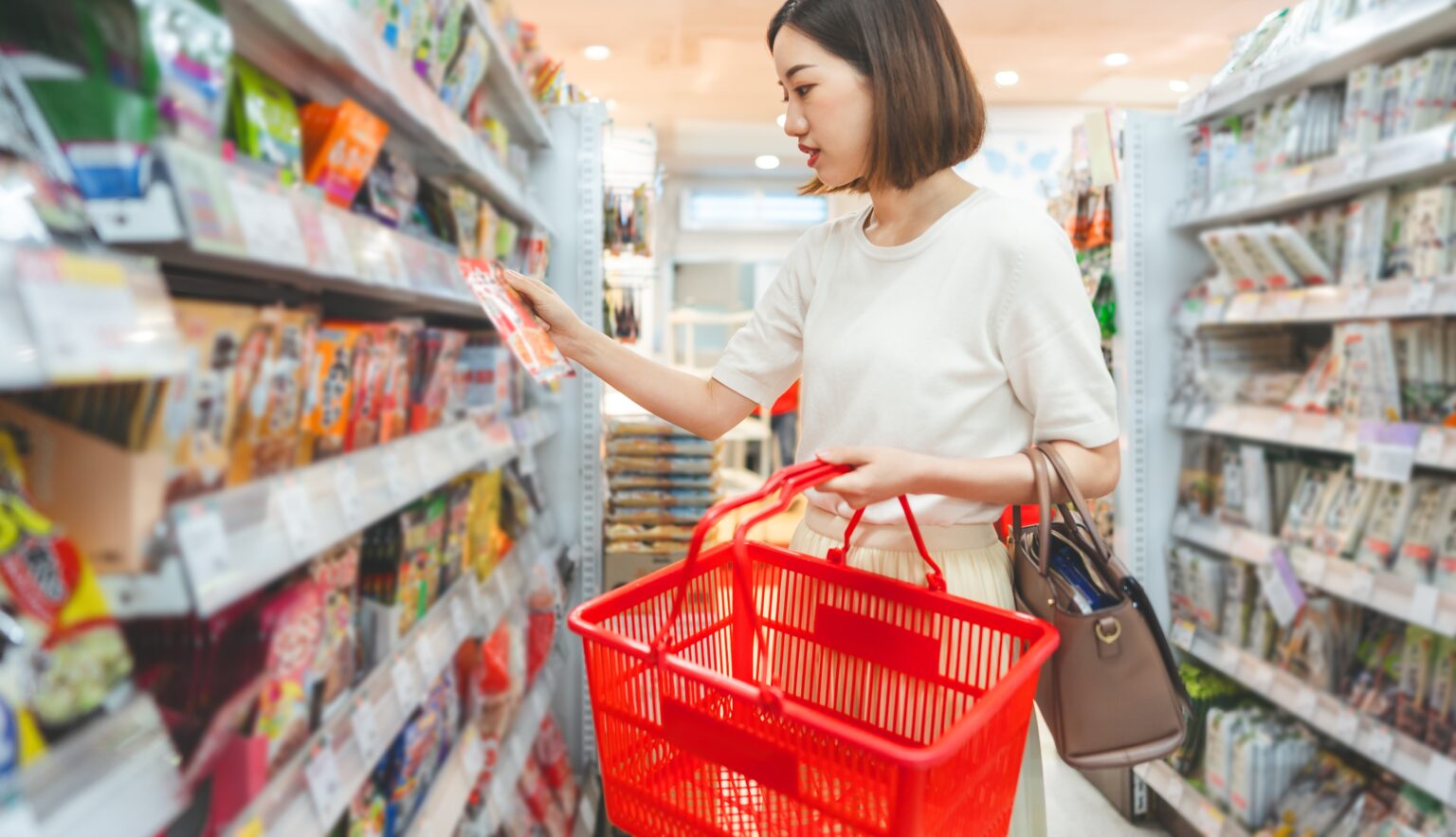Customers Fear Increased Costs at Favorite Stores
Shoppers at popular Asian supermarkets like 99 Ranch Market and H Mart are facing the reality of steep price increases after former President Donald Trump’s new tariffs on imported goods took effect Wednesday. Customers, particularly within immigrant and Asian American communities, expressed concern as imported staples from China, Japan, South Korea, and other Asian countries become significantly more expensive.
Social media buzzed with posts from worried consumers sharing their final “pre-tariff” shopping hauls, while others openly wondered if they could continue to afford their preferred imported goods. “We’re all going to be crying in H Mart,” joked one TikTok user, referencing the popular memoir by Korean American musician Michelle Zauner, capturing the sentiment of widespread frustration.
Tariff Rates Skyrocket on Essential Imports
The new tariffs, part of Trump’s aggressive trade policy, impose substantial duties on Asian imports, including 25% on South Korean products, 47% on goods from Vietnam, and 49% from Cambodia. Chinese imports face the harshest increase, now subject to a 104% tariff after China responded with counter-tariffs, escalating trade tensions.
Artis Chitchamnueng, a regular at a 99 Ranch Market near UCLA, expressed frustration about the policy’s impact. “I think he’s just playing mind games to control the market,” said Chitchamnueng, highlighting fears that price hikes could force customers away from specialized markets.
Specialty Markets Offer Cultural Comfort and Better Pricing
Asian grocery stores provide more than affordable food; they offer a vital cultural connection for immigrants and international students craving familiar tastes from home. Items like Lee Kum Kee Panda oyster sauce, usually $3.99 at specialty stores, could surge dramatically. The same product already costs substantially more at mainstream supermarkets—$4.79 at Safeway and $10.45 at Walmart—underscoring fears of widespread price hikes.
Tony He, an international student at UCLA, emphasized the necessity of these markets despite higher prices. “As long as I need Asian food, I usually come here,” he said, underscoring the irreplaceable nature of specialty grocery stores in immigrant communities.
Nancy Qian, economics professor at Northwestern University, noted that previous generations adapted when favored products became unavailable or unaffordable, often switching to alternatives. “People will find substitutes to make ends meet,” she stated, predicting a similar response this time around.
Smaller Stores and Hispanic Markets Also at Risk
Independent grocers serving smaller Asian American communities are particularly vulnerable. Mohammed Islam, owner of Not Just Spices in Providence, Rhode Island, worries about rising costs for staples like basmati rice from India and Bangladesh. “People buy exactly what they need now,” Islam noted, indicating a shift away from bulk purchasing due to economic uncertainty.
Hispanic markets are also bracing for potential impacts, with Trump repeatedly threatening a 25% tariff on imports from Mexico. In Phoenix, regular customers of Los Altos Ranch Market expressed concerns. “We expect pretty much everything to go up,” said shopper Andrew Colvin, noting plans to cut back significantly on items like avocados.
Experts caution against panic buying, reminiscent of the early COVID-19 days, to avoid shortages and further price hikes. Steven Durlauf of the University of Chicago highlighted that tariff-induced price increases act as “regressive taxes,” disproportionately affecting lower-income households.
Despite widespread concerns, Qian sees a silver lining: higher prices might drive consumers back to cultural enclaves like Chinatowns, historically vital community hubs for affordable, culturally-specific goods. This potential revival could strengthen community ties and support smaller, local businesses.
As tariff policies reshape the grocery landscape, Asian market shoppers across America must brace for change, adaptation, and likely higher grocery bills.


